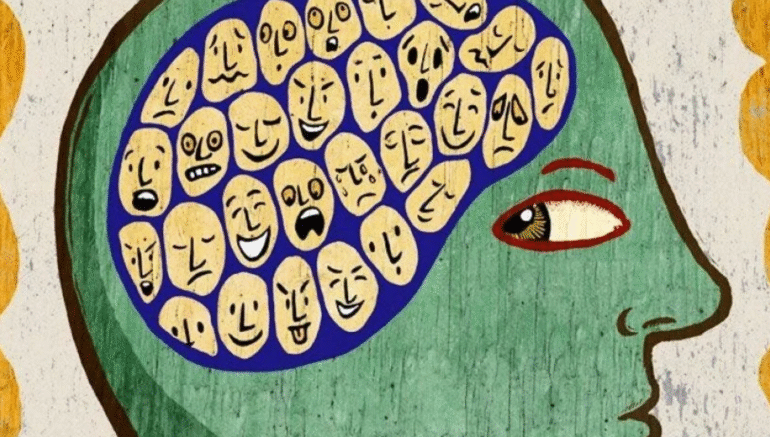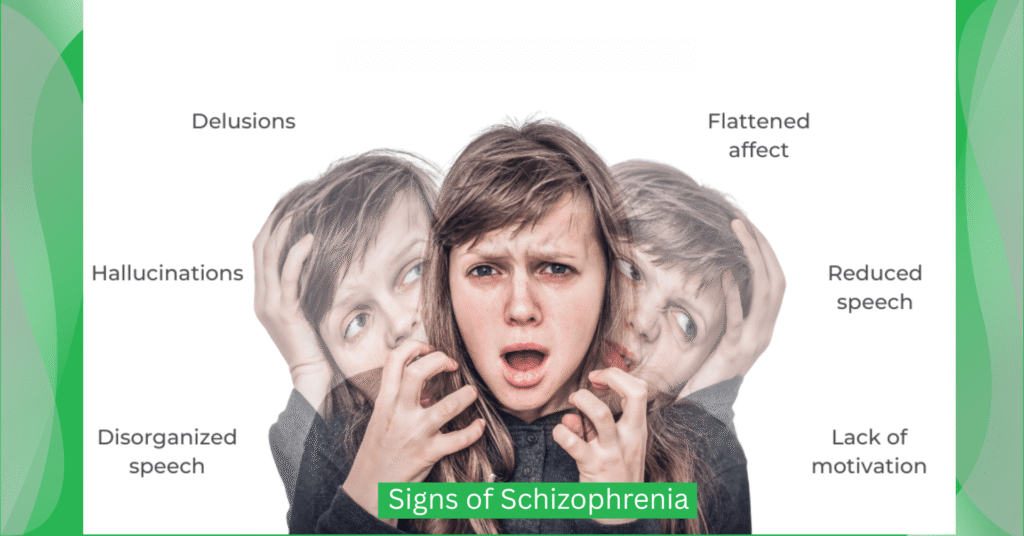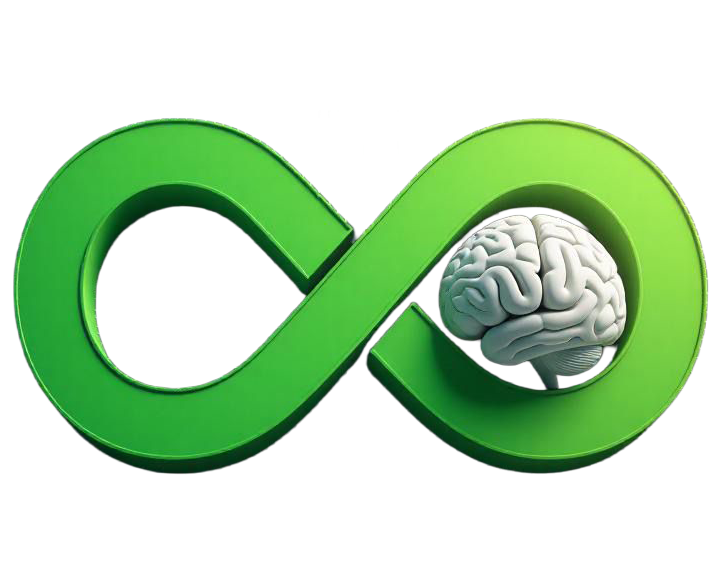
February 9, 2023
What Is Schizophrenia?
Schizophrenia is a severe mental illness mental disorder that affects the thoughts, feelings, and actions of the person. The schizophrenic is unable to distinguish between the real and imaginary world, and the outcome is a resultant distressing symptoms like hallucinations and delusions, and not organized thoughts.
Schizophrenia is a significant mental disorder due to the fact that the National Institute of Mental Health (NIMH) has estimated the prevalence rate of the disorder to be about 1 percent among individuals in the U.S. As a widespread disorder, schizophrenia has been misunderstood and is surrounded by stigma.
This blog dwells on the etiology of schizophrenia, the difficulties associated with it, and its management.
What the research has shown about the causes of Schizophrenia.
Though the cause of schizophrenia is not clearly established, studies have shown that it is a combination of biological factors, genetic factors, and the environment:
Biological Factors
Brain Structure and Function: Schizophrenia is associated with abnormalities in the brain areas focused on memory, including the prefrontal cortex and hippocampus.
Neurotransmitter Imbalance: Excessive activity of dopamine circuits is also an important contributing factor to symptom manifestation.
Genetic Factors
- Those who have a family history of schizophrenia are at greater risk.
- Research indicates that there is a 40-50 percent probability of both identical twins developing the disorder in case one of them has it.
Environmental Factors
- Pre-natal exposure to infection or malnutrition.
- Trauma or stressful conditions experienced in childhood.
- Drug use (particularly cannabis) can be a precipitating factor among susceptible individuals.
Common Symptoms of Schizophrenia
Schizophrenia symptoms typically fall into three categories:
| Category | Examples | Impact |
| Positive Symptoms | Hallucinations, delusions, disorganized speech, bizarre behaviors | Distort reality and interfere with communication |
| Negative Symptoms | Lack of motivation, reduced emotional expression, withdrawal | Affect work, relationships, and daily functioning |
| Cognitive Symptoms | Poor memory, difficulty focusing, trouble with decision-making | Hinders problem-solving and independence |
The Problems of Schizophrenia Life.
1. Psychological Distress
The state of schizophrenia usually results in a person who is afraid, confused, and whose sense of reality is distorted. Hallucinations and delusions may lead to isolation, which implies that it is hard to trust anybody. In the long run, this is an emotional burden that has dire mental health consequences.
2. Social and Occupational Conflicts.
Sudden outbursts disrupt work, studies, and relationships, in most cases resulting in loss of work, failure at school. Stigma or misconception makes many people back off. This cycle aggravates the sense of exclusion and dependency.
3. Time & Lifestyle Impact
Hospitalizations, therapy, and life-long treatment regimens disrupt normal life and personal planning. There are additional problems associated with drug schedules. Such requirements tend to limit space for independence and leisure.
4. Stigma & Misconceptions
Schizophrenia has been unfairly vilified as a split personality or as associated with violence. The existence of such misconceptions contributes to discrimination and postpones early medical treatment. This stigma causes the worsening of isolation and denies access to timely support.

Challenges of Living with Schizophrenia
| Challenge | Key Issue | Impact |
| Psychological Distress | Fear, confusion, hallucinations | Emotional strain, isolation |
| Social & Work Conflicts | Disrupted jobs, studies, relationships | Job loss, strained bonds |
| Time & Lifestyle | Hospitalizations, treatment routines | Reduced independence |
| Stigma | Misconceptions, discrimination | Social exclusion, delayed help |
Schizophrenia Treatment.
Schizophrenia is a lifelong condition, but with effective treatments, the condition can be controlled and can be made better.
Medications
- Antipsychotics (first line): Risperidone, olanzapine, aripiprazole, and clozapine in the treatment-resistant cases.
- Long-acting injectables (LAIs): Assistance to those patients with difficulties in taking medication daily.
Psychotherapy
- Cognitive Behavioral Therapy (CBT): Assists people in dealing with delusions and hallucinations.
- Family Therapy: Tells family members how to support without promoting unhealthy behavior.
Psychosocial Interventions
- Supported Employment / Education: Programs that facilitate the re-entry into employment or schooling.
- Social Skills Training: Enhances communication and interpersonal relationships.
Lifestyle and Community Support.
- Tactics of stress suppression, such as mindfulness and exercise.
- The support groups are led by peers via groups like the NAMI and Schizophrenia and Psychosis Action Alliance.
Diet Table for Mental Health Support
| Nutrient / Food Group | Examples | Mental Health Benefits |
| Omega-3 Fatty Acids | Salmon, tuna, chia seeds, flaxseeds, walnuts | Improves mood stability, reduces depression |
| Vitamin D | Fortified milk, eggs, mushrooms, and sunlight | Regulates mood, lowers depression & schizophrenia symptoms |
| B Vitamins (B6, B12, Folate) | Leafy greens, beans, eggs, poultry | Supports serotonin & dopamine production |
| Magnesium | Pumpkin seeds, almonds, spinach, dark chocolate | Calms nerves, reduces stress & insomnia |
| Antioxidants | Berries, oranges, green tea, nuts | Protects brain cells, boosts memory & focus |
| Tryptophan-rich Foods | Turkey, chicken, dairy, oats, bananas | Enhances relaxation & sleep quality |
| Probiotics & Prebiotics | Yogurt, kefir, kimchi, garlic, onions | Supports gut-brain health, reduces anxiety |
| Complex Carbohydrates | Brown rice, quinoa, oats, sweet potatoes | Provides steady brain energy, prevents mood crashes |
| Hydration | Water, herbal teas, coconut water | Improves focus, prevents fatigue |
| Limit | Excess caffeine, alcohol, processed sugar | Prevents mood swings & sleep disruption |
Schizophrenia, Hope and Progress in the U.S.
Greater understanding, mental health campaigns, and brain-function studies are leading to more effective treatment in the United States. The members of the schizophrenia community are enjoying improved work and education accommodations with the help of provisions such as the Americans with Disabilities Act (ADA).
Early intervention programs, especially first-episode psychosis interventions, have proved to be promising in terms of relapses and outcomes.
Conclusion: How to deal with Schizophrenia through the Right Support.
Schizophrenia is a complex mental illness, and with the correct mix of medication, therapy, and community support, an individual with the disorder can lead a good and fulfilling life. The goal of giving people with schizophrenia an opportunity to prosper is a significant step that ought to be made through the elimination of the stigma and the creation of awareness.






